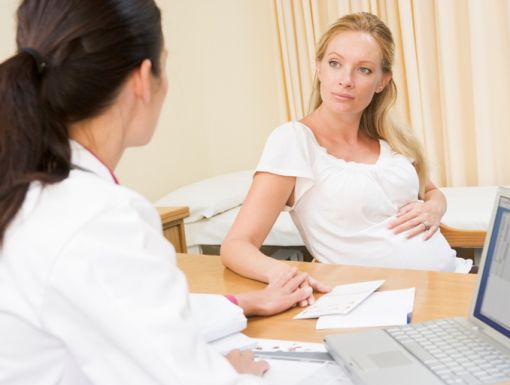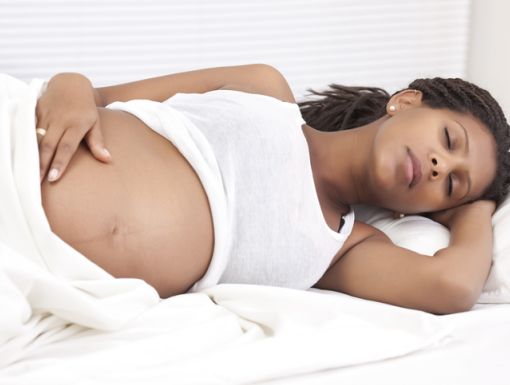
Advanced Maternal Age: What Does that Mean?
You’ve finished school, your career is chugging along nicely, and you’ve decided that in your 30s, you’re ready to start a family. You mention this to your OB/GYN at your annual women’s well-check, and your doctor delivers some alarming news: You’re geriatric.
Well, not in general terms. But if you’re 35 or older, you are considered of “advanced maternal age.’’ Why is that?
The meaning of “advanced maternal age’’
According to the National Institutes of Health, more and more women in high-income countries are delaying childbirth for lifestyle reasons and personal choice. The challenge to women in their 30s who have delayed childbirth is that fertility starts to drop as early as age 32 and even more rapidly after age 37, according to the American College of Obstetricians and Gynecologists. That’s why women in their mid-30s are considered to be of advanced maternal age.
Baby girls are born with 1 million to 2 million oocytes (immature eggs, or ova) in their ovaries. At puberty, the number drops to 300,000 to 500,000. The number plummets to 25,000 at age 37 and only 1,000 at age 51, the average age of menopause in the United States.
If you are older than 35 and have been trying to have a baby for six months or more, you should consult with your doctor as soon as possible for evaluation.
Are there risks of having a baby after age 35?
Women who are otherwise healthy can have a successful pregnancy and a healthy baby. However, there is an increased risk of preeclampsia (high blood pressure during pregnancy), gestational diabetes, cesarean section, some chromosome abnormalities, miscarriage and stillbirth, so these women should be followed closely. You may be offered additional evaluation and testing during pregnancy to better evaluate your risks and ensure the health of your pregnancy.
What should I do if I’m 35 or older and want to have a baby?
The good news is that many women get pregnant after 35 and deliver healthy babies.
The March of Dimes suggests these steps before you become pregnant:
- Get a preconception checkup before you get pregnant to make sure you are healthy.
- Get treated for any health conditions you might have, such as diabetes, high blood pressure or depression, and make sure your OB/GYN is aware of all your medications.
- Take a multivitamin with 400 micrograms of folic acid each day, which will help your baby grow strong and healthy.
- Achieve a healthy weight before you get pregnant. You don’t want to be overweight or underweight before your pregnancy begins.
- Don’t smoke, drink alcohol or use street drugs.
- Protect yourself from unsafe chemicals at work and home.
- Learn about ways to reduce stress.
The March of Dimes suggests these steps after you get pregnant:
- Go to all your prenatal checkup appointments.
- Keep up with treatments for any health conditions you have, and discuss your medications with your OB/GYN.
- Gain the right amount of weight and discuss this topic with your OB/GYN.
- Eat healthy foods, take your prenatal vitamins, and avoid smoking, alcohol and street drugs.
- Stay away from dangerous chemicals.
- Exercise and stay active; discuss your exercise program with your doctor.
Your doctor may also recommend low-dose aspirin (81 mg) daily after the first trimester of pregnancy to try to lower your risk of preeclampsia and potentially some other complications.
Learn more about OB/GYN Wendy Holden-Parker, MD



